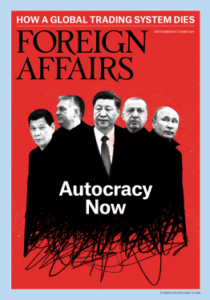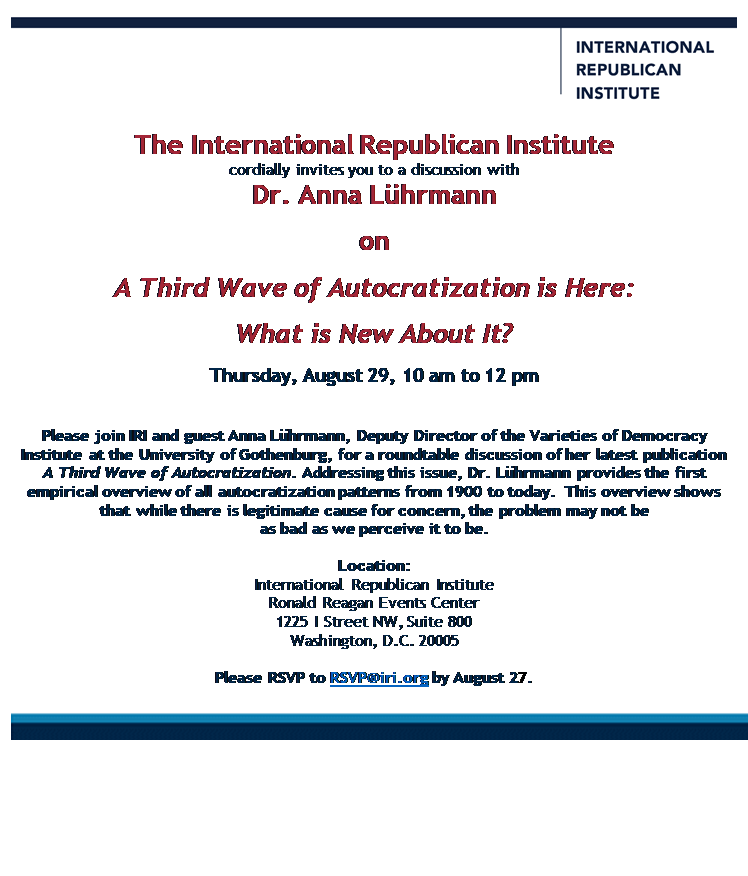 The leading figures on the world stage today practice a brutal, smash-mouth politics, a personalized authoritarianism, notes Foreign Affairs editord-school strongmen, they do whatever is needed to grasp and hold on to power. Here we profile five to see what makes them tick. All fought their way from obscurity to the throne and then took a hard authoritarian turn. But how, and why? Rose asks in the issue:
The leading figures on the world stage today practice a brutal, smash-mouth politics, a personalized authoritarianism, notes Foreign Affairs editord-school strongmen, they do whatever is needed to grasp and hold on to power. Here we profile five to see what makes them tick. All fought their way from obscurity to the throne and then took a hard authoritarian turn. But how, and why? Rose asks in the issue:
- Susan Glasser says that Russia’s Vladimir Putin sees himself as a latter-day Peter the Great. He fetishizes strength, dreams of restoring imperial grandeur, and rules by the old tsarist doctrine of “Orthodoxy, Autocracy, Nationality.”
- According to Richard McGregor, China’s Xi Jinping is driven by paternal hero worship and devotion to the Chinese Communist Party. Having concluded that the party’s rule was under growing threat, he has devoted his time in office to restoring its dominance.
- Turkey’s Recep Tayyip Erdogan is harder to pin down, writes Kaya Genc. A fiery Islamist turned reformer turned populist authoritarian, he has become the country’s longest-serving and most significant leader since Ataturk.
-

National Endowment for Democracy
Rodrigo Duterte of the Philippines is comfortable shooting people and wants you to know it, notes Sheila Coronel. He made his name as a tough mayor bringing order to a crime-ridden city, and as president, he offers that experience as a national model—“Singapore with thugs instead of technocrats.”
- And Hungary’s Viktor Orban, Paul Lendvai explains, started off as a liberal activist before cynically switching to populist nationalism when the political winds shifted—and as prime minister, he has proceeded to dismantle democratic institutions and undermine the rule of law. RTWT








